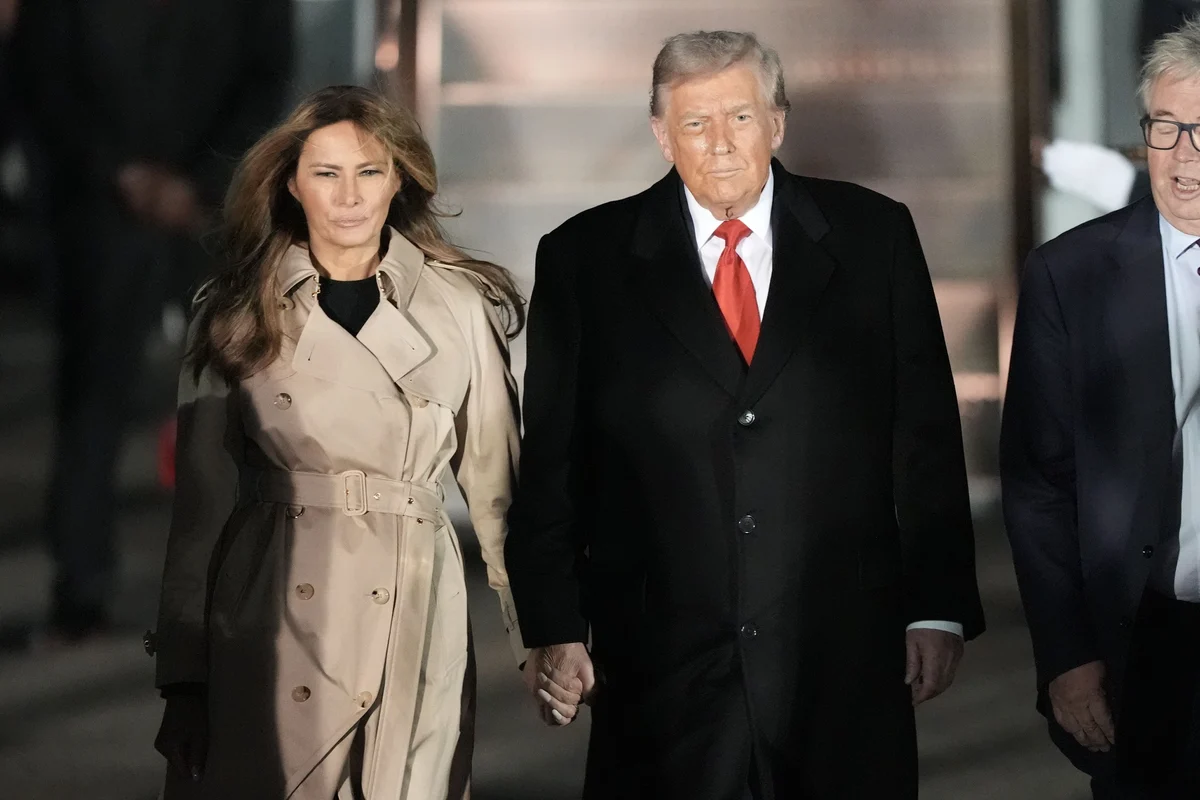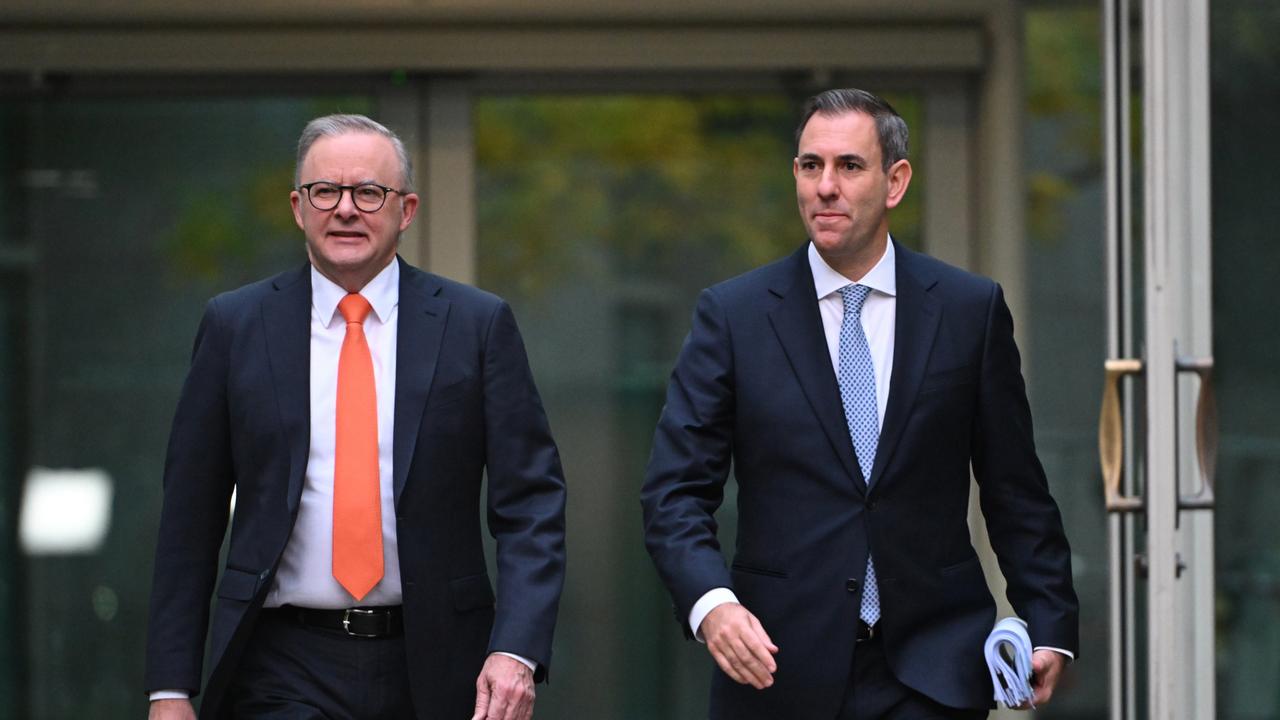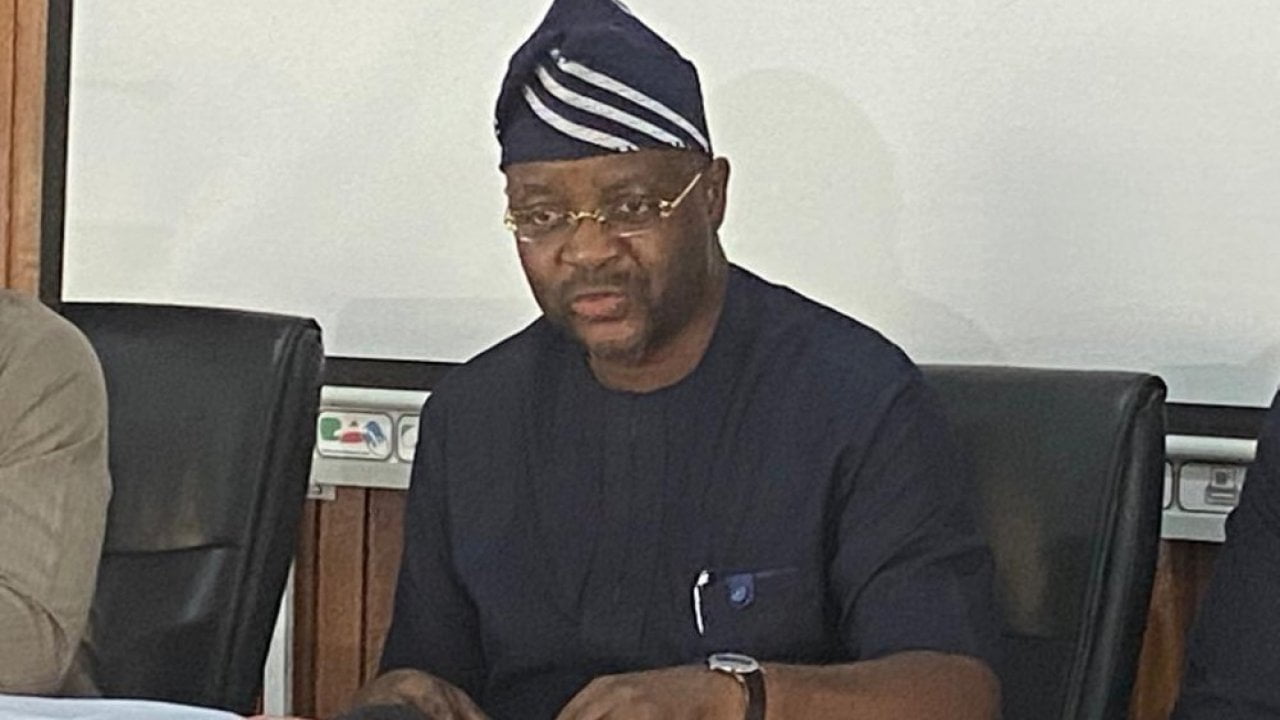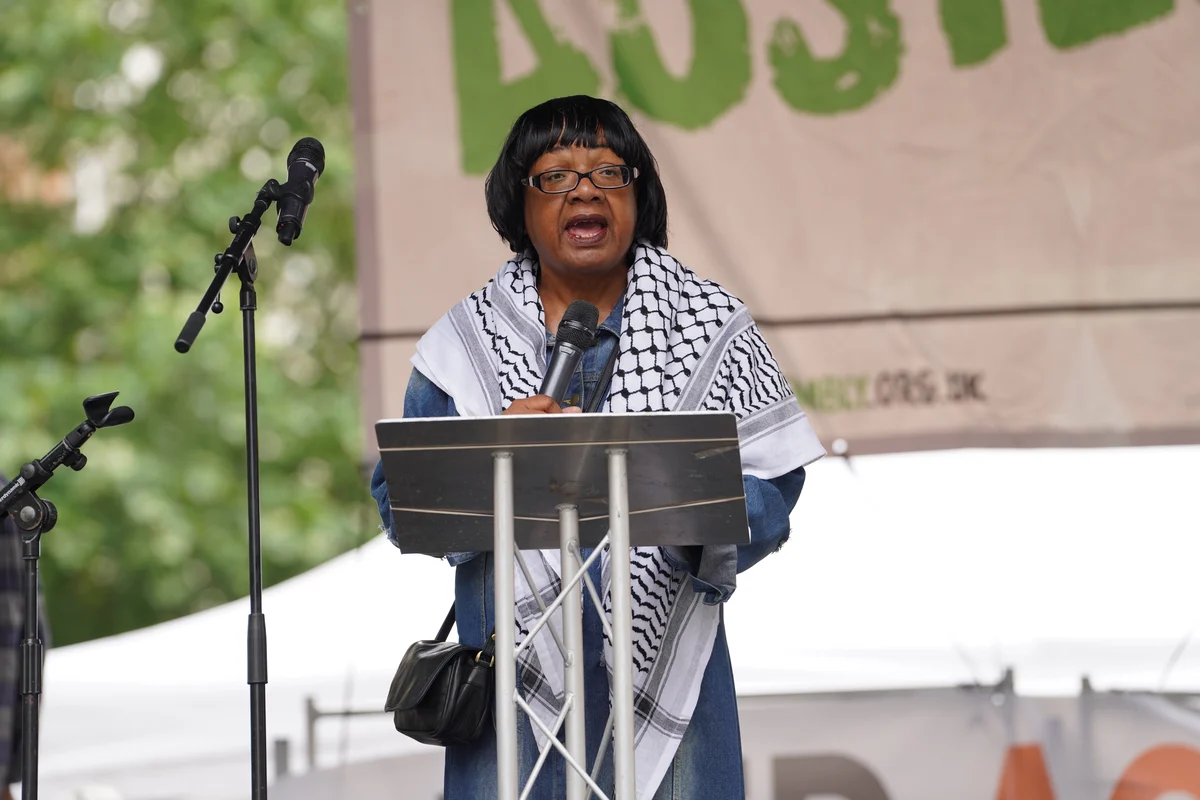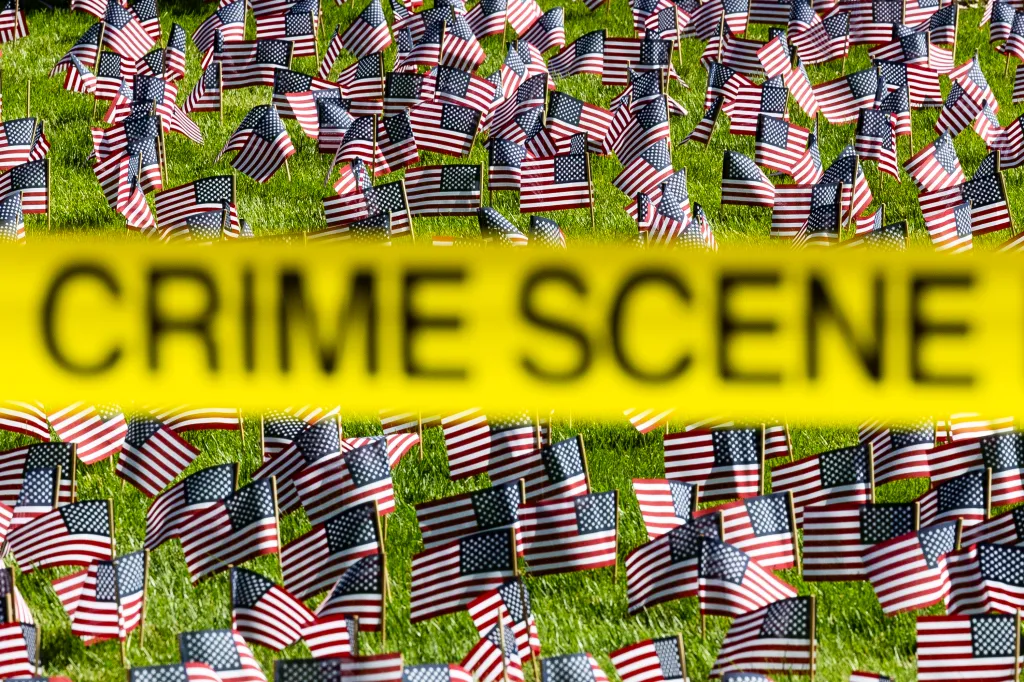
Charlie Kirk’s assassination is the latest addition to a grim list of political violence in America. Pennsylvania Governor Josh Shapiro, former Minnesota Speaker Melissa Hortman and her husband, President DonaldTrump with multiple attempts on his life — these are not isolated episodes. According to Princeton researchers, local officials endured more than 600 incidents of threats and harassment in 2024, a 74% increase from just two years earlier. Such attacks, threats and harassment are not random; they are signals of a deeper crisis in our political culture.
What happened?
To understand, we must look not only at the shooters but at the ecosystem that breeds them. Violence does not emerge in a vacuum. It takes shape when civic norms erode, when anger becomes the common political language and when citizens are encouraged to see opponents not as adversaries to be debated but as enemies to be destroyed.
In the mid-20th century, a handful of national outlets like CBS shaped public opinion. The system was far from perfect, but there was at least a shared set of facts, an agreed-upon foundation from which debate could proceed. Today, media ownership is fragmented across corporations that thrive by serving bias. Fox and CNN do not need to persuade the whole country; they need only to fuel the hostility of their side. When one network escalates, the other retaliates, creating a destructive feedback loop. This loop doesn’t just amplify disagreements; it normalizes hostility as the expected form of political engagement. Social psychology calls this reciprocity; we might call it a political tennis match.
The consequences of this cycle are not limited to television ratings. Viewers primed by these narratives carry them into politics. They pressure their representatives to reflect extreme or even violent positions. Officials, calculating their odds of reelection, often oblige. David Mayhew’s work on electoral incentives and public choice theory both explain why: In democratic systems, self-interested politicians respond to voter demand, even when that demand is irrational or destructive. What begins as a media arms race soon reshapes legislation, campaign platforms and even local elections.
But the danger goes beyond legislatures. When voters are taught that compromise is weakness and disagreement is treason, individuals can be radicalized into believing that violence is not only justified but required. Rhetoric plays a central role here. Labels like “fascist,” “traitor” or “threat to democracy” are not just words; they carry moral weight. They suggest that opponents are not fellow citizens but existential dangers. And when politics is framed as a battle for survival, some conclude the only patriotic act is to “neutralize” their neighbors.
The tragedy is that this radicalization often disguises itself as civic duty. Those who lash out believe they are saving democracy, when in truth they are undermining it. They are acting on distorted cues fed by media incentives, partisan framing and leaders unwilling to temper their words for fear of alienating a base. Violence is not a defense of the republic; it is the very act that puts the republic at risk.
The threat to democracy, then, is not ultimately Charlie Kirk or Josh Shapiro or Donald Trump or Melissa Hortman. The threat is us, our willingness to treat fellow citizens as enemies, to choose coercion over persuasion, to indulge the cycle of reciprocal hate.
If we hope to celebrate America’s 250th birthday with confidence, we must recognize the danger of our own behavior. Democracy cannot survive if political difference is equated with evil. It can only endure if citizens demand persuasion, not force; argument, not assassination. That begins in small ways: refusing to share inflammatory posts, choosing to listen before we condemn and expecting our leaders to model restraint instead of escalation. Just as importantly, it requires us to recognize that democracy is not self-sustaining; it survives only when ordinary people commit to sustaining it.
That is the civic duty that binds us, not to neutralize one another, but to hear one another. If we can do that, then America’s experiment in self-government may yet endure, not as a fragile inheritance, but as a renewed promise.
Michael Butkiewicz, a Maryland native studying political science at Penn State University, is the author of “A Nation of Mothers.”
